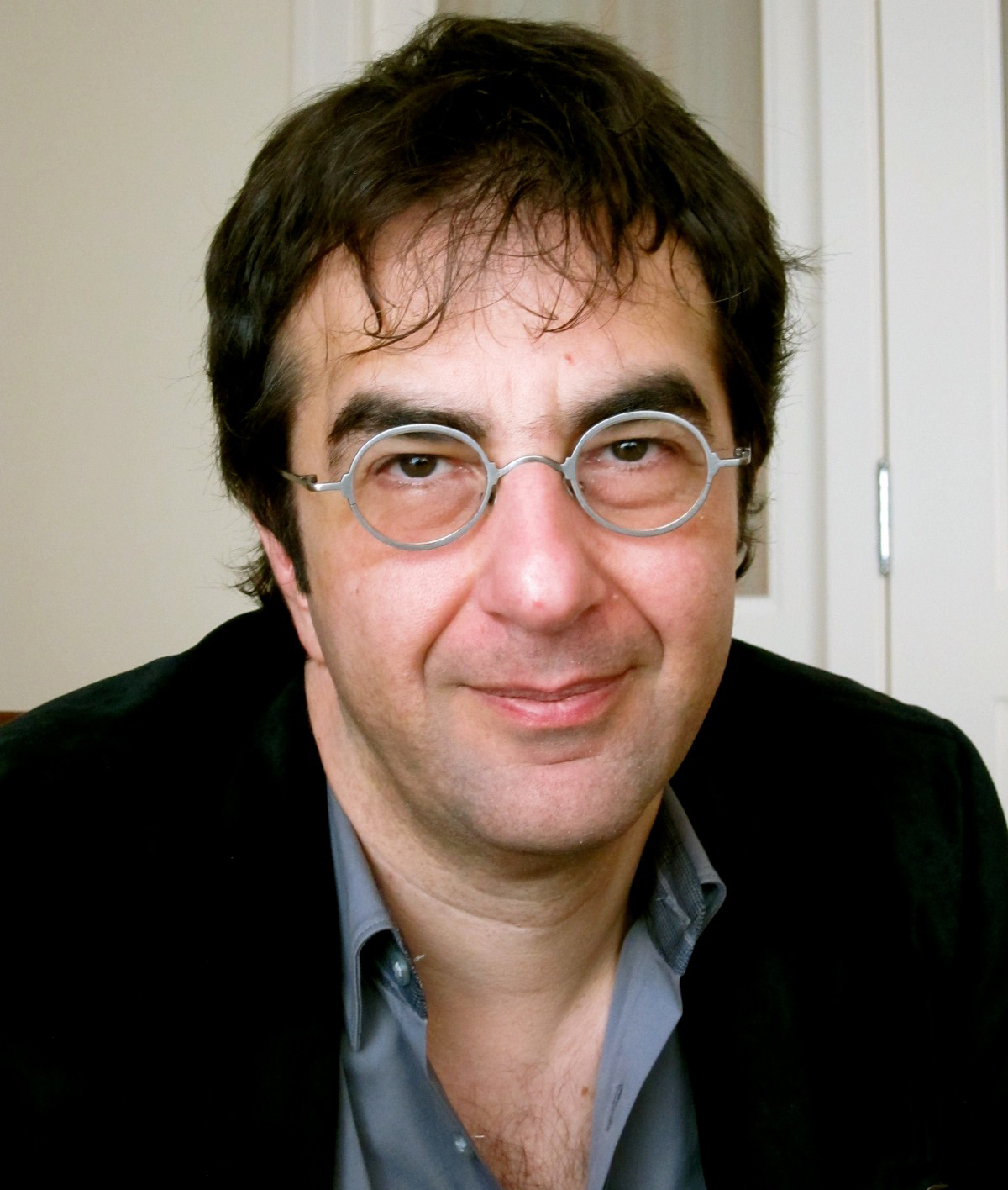Atom Egoyan often makes erotic melodramas. There was a time when audiences perked up at the prospect of, oh, you know, sex and nudity and stuff, but these days moviegoers seem strangely neutered. They’d rather look at fighting machines or 3-D animals. They like their porn the way it’s presented on the Net, wham-bam, thank you, man. The notion of erotic tension uncoiling within the minds of characters and unfolding languidly in sensuous photography is, I dunno, too artistic.
Egoyan is the Canadian filmmaker who is attracted to the riskier edges of characters. His best-known film is “The Sweet Hereafter” (1997), about the hidden meaning of a small-town bus accident. His best film may be “Exotica” (1994), about a man and a table dancer who meet for motives that are nothing at all as they seem. His plots are rarely linear, but double back to question our, and their own, assumptions.
Egoyan’s remarkable new film “Chloe,” now opening around the country, is erotic, melodramatic, and even reveals itself as a concealed thriller. I found it fascinating; it involved deep issues within the characters. I found the casting uncanny: The smooth self-assurance of Amanda Seyfried as a call girl, the brittle insecurity of Julianne Moore as a gynecologist, the apparent innocence of Liam Neeson as her husband. Since we can’t be sure exactly what any of them are doing, how can we not be drawn in?
Seyfried is the revelation. “I auditioned her before she made ‘Mamma Mia,'” Egoyan told me not long ago in Chicago. “In all honesty, I’m not sure if I’d seen her in that film, she would have had the same impression on me. we all have preconceptions of what an actor’s range is and that’s unfortunate.
“Chloe is a sex worker and she says her job is to read what her clients are looking for. But she’s never been asked to do anything like this before, being hired by a wife to check whether her husband is open to an affair. And when she starts telling these stories to Catherine (Julianne Moore), she’s overwhelmed because she’s being listened to with such intensity by a woman who is outside her world. An older woman who’s so respectable that she can’t help but fall in love with her. That’s asking a lot for a young actress and she got it. She was able to understand and to negotiate all of this. And also, handle the major shift in the film.”
The film puts Julianne Moore in a surprising and deceptive position, pure melodrama, and Egoyan said “she understands the nature of melodrama. I mean that only in the best sense of the word. You have an unfiltered access to the emotional life of these characters. They can speak what’s on their mind, even though they may not know exactly why it’s on their mind.”
When Chloe was speaking and Catherine was sexually stirred, he said, “there’s an interesting parallel to Bergman’s ‘Persona.’ in the relationship between the two women and the storytelling. I’m thinking of the scene where Bibi Andersson delivers the monologue of the orgy on the beach to Liv Ullmann. That was one of the most powerful things, most erotic things, I’ve ever heard. When someone is listening so intently and you can’t help but feel it’s because they’re connected to you. That may not be the case. This is the tragedy of Chloe, I think, is that she totally misreads Catherine, and yet you understand why.”
The films he loves, Egoyan said, were made in a time when filmmakers were more free to explore sexual feelings. When he made the perplexing thriller “Where the Truth Lies” (2005), he was slapped with an NC-17 rating by the MPAA, primarily for a sex scene involving Kevin Bacon and Colin Firth.
“I think if that film had been made with actors that were not as well known that scene may have not provoked the same degree of panic. And yet, that’s a dramatic scene. Arsinee (Khanjian, his wife) worked with Catherine Breillat, a French filmmaker, and did a film called ‘Fat Girl,’ and that was really groundbreaking, amazing, where she goes. But again, they weren’t famous actors. That’s what I really admire with some of these European films. Who can forget “Don’t Look Now,” with Donald Sutherland and Julie Christie, That just seemed so honest, and raw. I don’t know if two actors of that stature would play that scene today. People right now are flipped out about seeing well-known actors go to certain places.”
He met Liam Neeson when he directed him in London in Samuel Becket’s “Eh, Joe?” Originally a film for television, it involves the camera very slowly approaching an actor’s face during an extended single shot, as an unseen woman delivers a monologue. “It’s the most extended reaction shot in history,” he observed. “Through that experience I realized what an astonishing actor he is and how generous he is in being able to take this role of a listener. In this film, with that monologue that Julianne Moore has under the awning where she’s just really pouring out her heart, he’s just listening.”
In the films he loved by Bergman and Fassbinder, he said, “the viewer is watching a mysterious process of investigating the close-up as this almost quintessential cinematic gesture. But that’s becoming more and more rare as an experience, to see a human face just projected on that scale.”
In “Chloe,” the whole point is the faces, and what the characters are thinking, and what they’re thinking about each other, and what we’re thinking about them.
Videos from my interview with Atom Egoyan are here: http://j.mp/a51040












